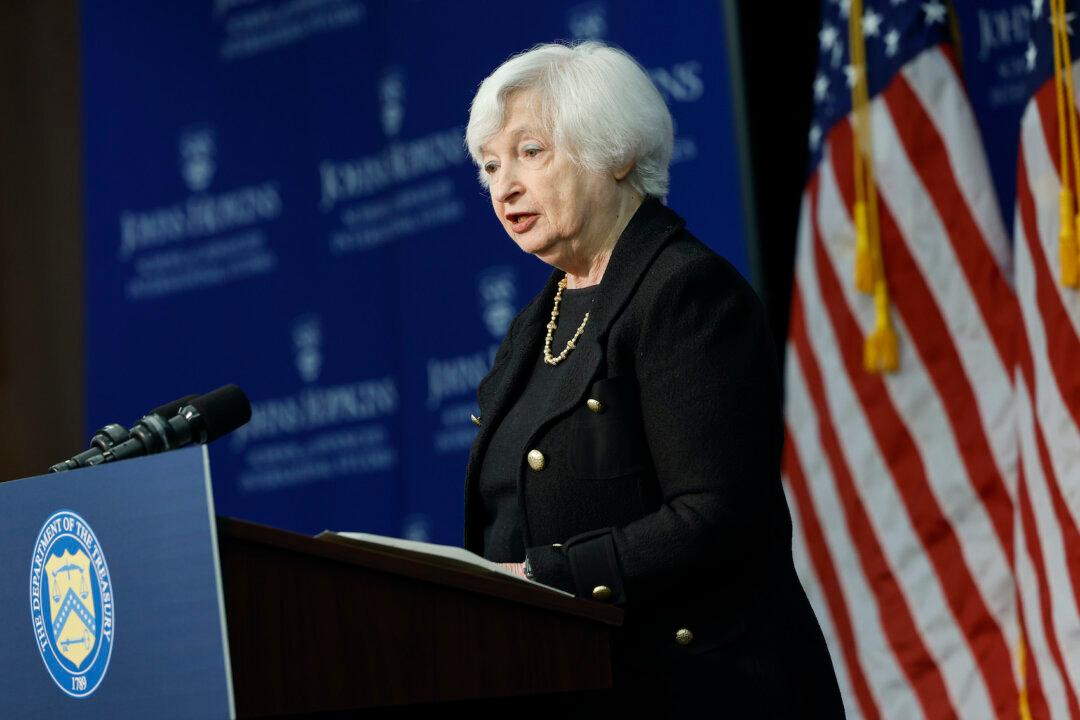The U.S. dollar’s international status as the chief reserve currency is slowly diminishing as other countries diversify their assets, warns Treasury Secretary Janet Yellen.
During a Housing Financial Services Committee on June 13, multiple Republican and Democratic lawmakers lobbed questions surrounding the risk of the worldwide de-dollarization campaign that has accelerated over the past year.





